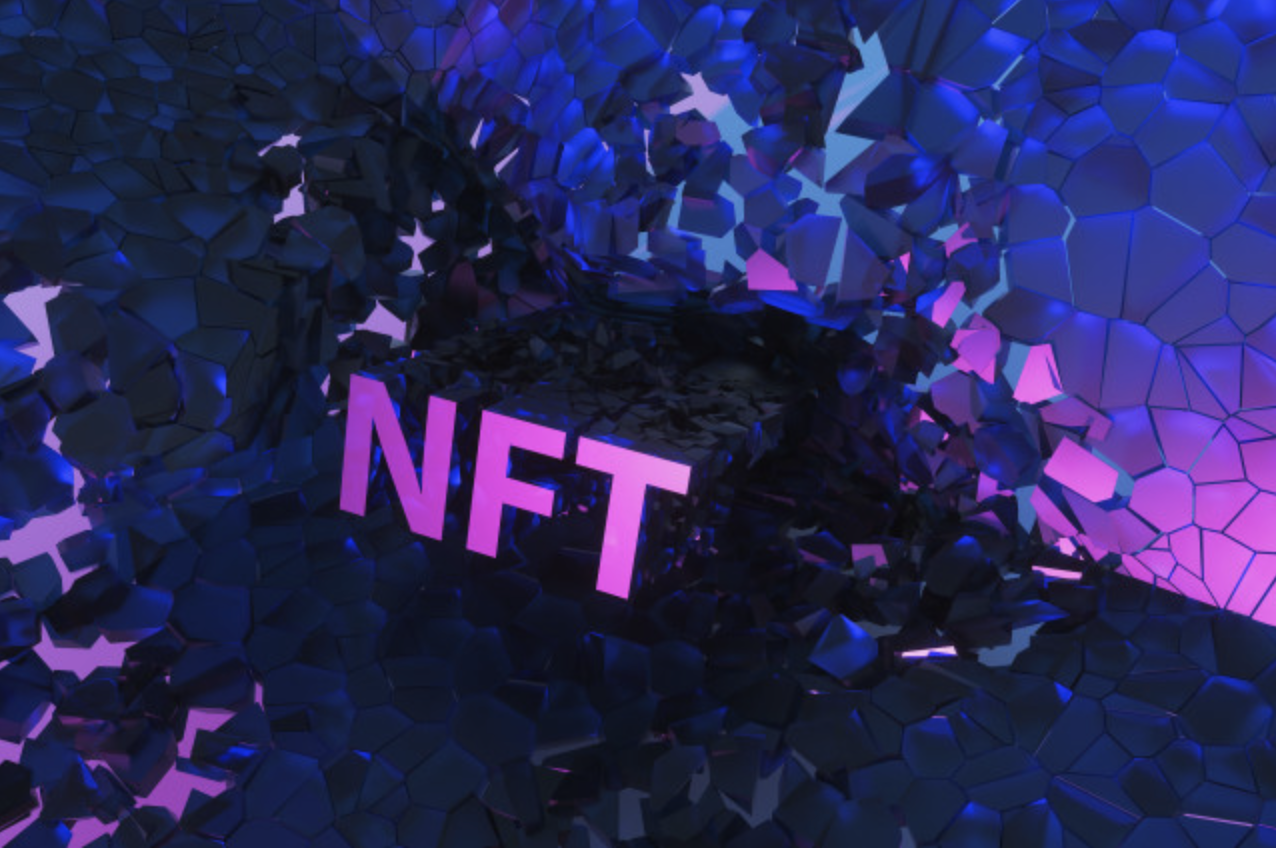As the most popular crypto segment in 2021, NFT has brought together well-known figures such as Elon Musk and NBA player Stephen Curry, and Chinese celebrities like Shawn Yue and Jinglei Xu, as well as renowned brands that include Rolls-Royce, Louis Vuitton, and McDonald’s. We have seen NFT expanding its influence beyond the crypto community. In particular, NFT has brought soaring trade volumes. For instance, the 24-hour turnover of the NFT trading platform OpenSea reached $300 million at its peak. Meanwhile, China’s Internet giants, not to be outdone, have launched their own NFT platforms.
However, due to the country’s strict control of blockchain-related projects, Chinese companies’ pursuit of NFT development also seems more conservative than their overseas counterparts. Right now, China’s NFT issuance platforms can be roughly divided into two categories: 1) NFT platforms based on consortium blockchains built by the Internet giants; 2) Platforms like NFTCN that are based on the Ethereum side chain and feature on-chain transactions during the entire process. It is noteworthy that the latter NFT platforms are truly decentralized trading platforms.

Relying on the AntChain (a consortium blockchain), Alipay rolled out NFT artworks designed as wallpapers for users’ payment code pages in June, making Alibaba the first Chinese giant to set foot in the NFT market. The wallpapers “Flying Apsaras” and “King Dear” were sold out within minutes.
At that time, Alibaba stressed that the platform does not have any trade function concerning the wallpapers, which can only be stored and appreciated, and not sold like goods. At the same time, the company also emphasized that it will not provide the place and opportunity for NFT speculation and bull campaign. Despite this, soon after the launch of the NFT series, many buyers started to sell their purchased Alipay NFTs on Xianyu (an equivalent of eBay under Alibaba) at prices ranging from $109,550 to $234,750. Although Xianyu soon deleted these offers, this also reflects the market excitement for NFT in China.
In addition to the wallpapers, Alipay’s NFTs also cover a wide range of digital collectibles, including digital artwork, music and audio, and digital figurines with 3D models. We can tell that the “AntChain Fan Tablet” features a diversified product range. In particular, its recent launch of the “Imagination Gallery” represents a charitable event co-sponsored by Alipay Love (donation platform), China Siyuan Foundation for Poverty Alleviation, Shenzhen Social Commonweal Foundation, etc. Through a 9.9-yuan ($1.55) donation to children living in remote areas, contributors to the program can get a digital collectible created by children they helped. While contributing to a charitable cause, users can receive NFTs with unique implications. The program also demonstrates Alibaba’s excellent combination of public welfare and market trends.

Tencent is also speeding up its NFT plans. In August, the company launched an NFT trading platform called Huanhe (literally means phantom core) and released NFT series, such as “Thirteen Invitations”, based on the Zhixin Chain. At the moment, Tencent only launched three digital products. Except for the recently launched limited-edition 1024 digital “Gold Cards”, which are obtained through lotteries, other NFTs issued by Tencent were all quickly sold out with purchases through fiat currency.
JD.com is another Chinese tycoon that recently entered into the NFT field. Additionally, JD.com has announced that JD Discovery, the company’s annual major tech conference for the world, will be held on November 22. Different from previous years, this year, users can receive a JDD conference NFT proof based on JD Chain after signing up for the event. The NFT series covers 7 NFTs. Upon signing up, users can get one NFT, and the more participants they invited, the more NFTs they can get (one NFT for every invitee, 7 NFTs at most).
It is noteworthy that, though NFT stands for “non-homogeneous token” in the blockchain space, Chinese giants like Alibaba, Tencent, or JD.com have referred to NFT as “non-homogeneous proof of equity”, which is a deliberate attempt to avoid the word “token”. This shows that the three companies are all very careful in terms of compliance.
Compared with the overseas NFT market, NFT platforms built by Alibaba, Tencent, and JD.com have not yet created a closed-loop market. To be more specific, in China, issued by a single centralized entity, NFTs remain in a stage of content ownership confirmation and lack market liquidity. Fundamentally, this has to do with the country’s rigorous stance in terms of blockchain projects. Despite this, we can see that China’s Internet giants are exploring the NFT approaches best suited to themselves.